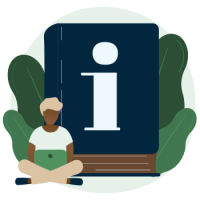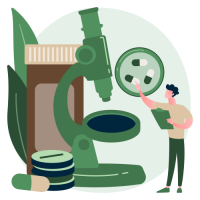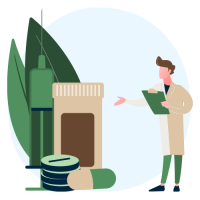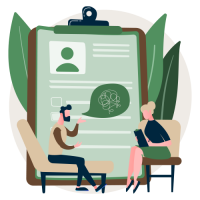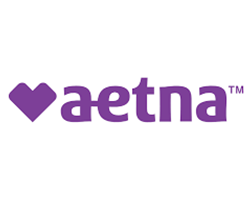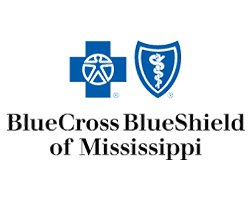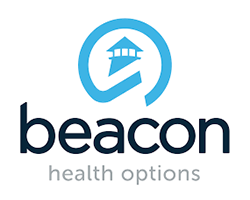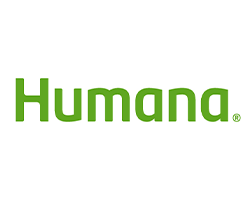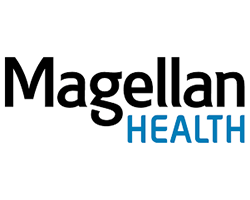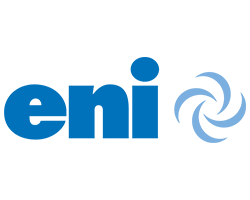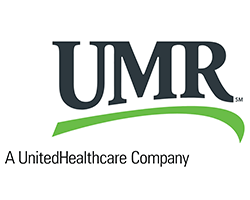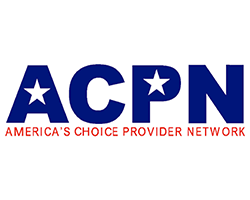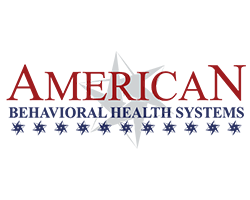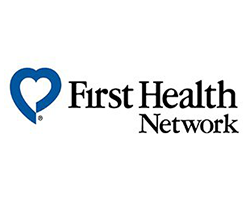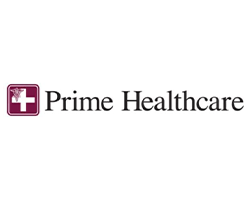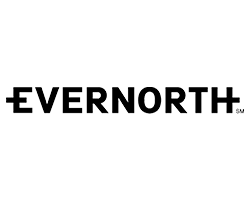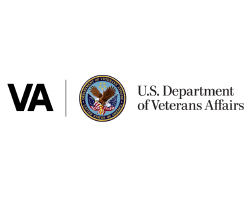 When used as part of an individualized treatment plan, our cognitive-behavioral therapy (CBT) program can help participants take control of their thoughts, empowering them to take control of their recovery. Cognitive-behavioral therapy for addiction is a crucial part of the recovery process.
When used as part of an individualized treatment plan, our cognitive-behavioral therapy (CBT) program can help participants take control of their thoughts, empowering them to take control of their recovery. Cognitive-behavioral therapy for addiction is a crucial part of the recovery process.
Through CBT, individuals learn to identify and challenge these negative thought patterns, replacing them with more positive and realistic ones. This can help break the cycle of destructive behaviors associated with addiction. Call 662.222.2989 to learn more about CBT and our other addiction therapy services at Woodland Recovery Center.
What Is Cognitive-Behavioral Therapy?
Cognitive-behavioral therapy enables individuals to eliminate self-sabotaging thoughts that contribute to drug and alcohol use. More specifically, it focuses on the way thoughts influence feelings and behaviors. By understanding how these elements are connected, our patients are better equipped to think and act in a way that supports sobriety.
As part of addiction treatment, cognitive-behavioral therapy helps a person confront and cope with thought patterns and issues in their life that may have led to substance use. Woodland Recovery Center offers a CBT program as part of our comprehensive treatment programs.
Compared to psychotherapy or dialectical behavior therapy, which focuses heavily on the past, cognitive-behavioral therapy is a problem-oriented strategy that helps participants examine dysfunctional patterns in their current lives. Past events aren’t ignored, however. Our CBT program focuses on helping patients identify and change current thoughts, emotional reactions, and behaviors that are damaging their lives and recovery.
How We Use Cognitive-Behavioral Therapy for Addiction Treatment
Every person living under the weight of addiction has unique circumstances that brought them there. Identifying and treating personal issues that prompt drug or alcohol use helps to reduce triggers and self-destructive behaviors.
Cognitive-behavioral therapy has been shown to:
- Help participants heal from trauma
- Build coping skills that reduce the impact of stress
- Help patients handle emotions in a healthier way
- Help participants resolve problems in their relationships
- Strengthen communication skills
Left unaddressed, many of these issues may cause individuals to use drugs or alcohol as a means of avoiding the pain or discomfort caused by these situations.
Our cognitive-behavioral therapy program can help participants nurture their mental and emotional health. By learning to think more positively, they are more likely to have balanced emotions and make healthier choices. In turn, these changes support recovery and continued abstinence from drugs and alcohol.
One of the greatest benefits of CBT is its intensive approach and relatively short treatment time when compared to other therapies. Typically, participants may have weekly sessions for five to 20 weeks, totaling 10 to 20 sessions. The exact length of treatment and frequency of sessions may vary depending on an individual’s specific needs and treatment goals.
What Is the CBT Triangle?
The CBT triangle is a foundational concept in cognitive-behavioral therapy that illustrates the interconnectedness of thoughts, feelings, and behaviors. This model suggests that our thoughts greatly influence our emotions, impacting our actions.
Understanding this triangle helps participants recognize how negative thought patterns can lead to detrimental feelings and behaviors, particularly in the context of addiction. By identifying and altering these thoughts, individuals can positively change their emotional responses and behaviors.
The key elements of the CBT Triangle include:
- Thoughts – The beliefs and perceptions that individuals hold about themselves and their circumstances.
- Feelings – The emotional responses that arise from one’s thoughts, which can drive behaviors.
- Behaviors – The actions taken based on feelings and thoughts can perpetuate negative cycles or foster healthier choices.
By working within this framework, clients can gain insights that support their recovery journey. At Woodland Recovery Center, our experienced therapists use the CBT triangle to help individuals identify and change harmful thought patterns. Our goal is to empower participants to take control of their thoughts and behaviors, ultimately leading them toward lasting recovery.
What to Expect in Cognitive-Behavioral Therapy Sessions at Woodland Recovery Center
During a CBT session, the therapist will guide patients toward identifying and overcoming destructive and negative thoughts that could undermine their pursuit of sobriety. Cognitive-behavioral therapy can take place in an individual, group, or family setting, all of which can be helpful during addiction treatment.
At the first session, the therapist will explain the therapeutic process, answer any questions, and evaluate the issues participants need to work on. In the following sessions, the therapist will help the person work on clearly defined issues and goals that focus on them. To support these goals, participants may have homework. This may include practicing coping strategies and keeping track of any problematic thought patterns that arise.
In order for the therapist to recognize what participants need to work on, the individual in treatment needs to open up about their struggles. This includes talking about the thoughts and feelings which revolve around them.
While it can be initially hard for patients to open up and feel vulnerable, the more honest they are with themselves and their therapist, the greater their capacity for success.
Reach Out to Woodland Recovery Center to Support Your Recovery with Cognitive-Behavioral Therapy
Cognitive-behavioral therapy can be a vital tool in your journey toward recovery from addiction. Woodland Recovery Center offers a range of evidence-based therapies, including CBT, to support our patients’ recovery.
If you or a loved one are struggling with substance abuse, do not hesitate to reach out for help. Call 662.222.2989 or contact us online to learn about our comprehensive addiction treatment programs.


